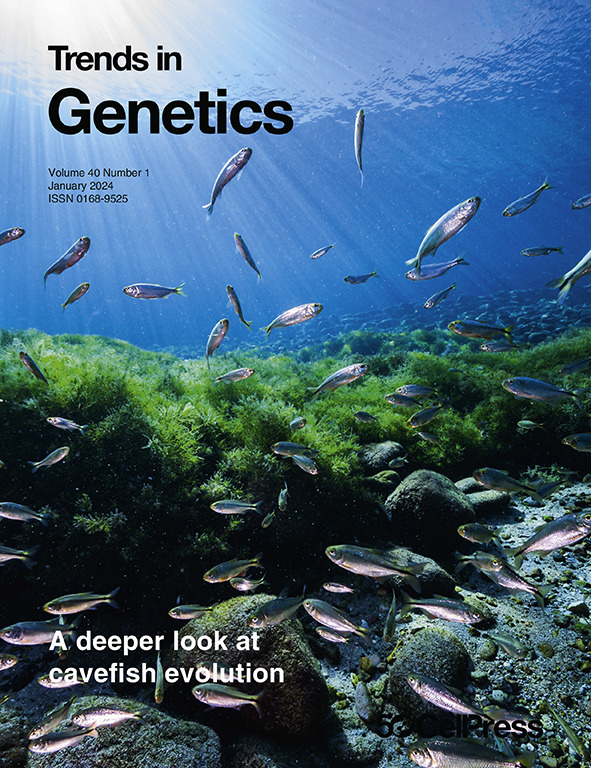Genetic databases in the era of 'DSI' benefit-sharing.
IF 13.6
2区 生物学
Q1 GENETICS & HEREDITY
引用次数: 0
Abstract
Genetic databases drive research by enabling open access. Recently, parties to the Convention on Biological Diversity agreed on new rules for sharing benefits from the use of digital sequence information (DSI) which upholds open access, and also imposed new requirements for data depositors, database managers, and users.
“DSI”惠益分享时代的基因数据库。
基因数据库通过开放获取来推动研究。最近,《生物多样性公约》缔约方就共享数字序列信息(DSI)使用惠益的新规则达成一致,该规则支持开放获取,并对数据存款人、数据库管理人员和用户提出了新要求。
本文章由计算机程序翻译,如有差异,请以英文原文为准。
求助全文
约1分钟内获得全文
求助全文
来源期刊

Trends in Genetics
生物-遗传学
CiteScore
20.90
自引率
0.90%
发文量
160
审稿时长
6-12 weeks
期刊介绍:
Launched in 1985, Trends in Genetics swiftly established itself as a "must-read" for geneticists, offering concise, accessible articles covering a spectrum of topics from developmental biology to evolution. This reputation endures, making TiG a cherished resource in the genetic research community. While evolving with the field, the journal now embraces new areas like genomics, epigenetics, and computational genetics, alongside its continued coverage of traditional subjects such as transcriptional regulation, population genetics, and chromosome biology.
Despite expanding its scope, the core objective of TiG remains steadfast: to furnish researchers and students with high-quality, innovative reviews, commentaries, and discussions, fostering an appreciation for advances in genetic research. Each issue of TiG presents lively and up-to-date Reviews and Opinions, alongside shorter articles like Science & Society and Spotlight pieces. Invited from leading researchers, Reviews objectively chronicle recent developments, Opinions provide a forum for debate and hypothesis, and shorter articles explore the intersection of genetics with science and policy, as well as emerging ideas in the field. All articles undergo rigorous peer-review.
 求助内容:
求助内容: 应助结果提醒方式:
应助结果提醒方式:


